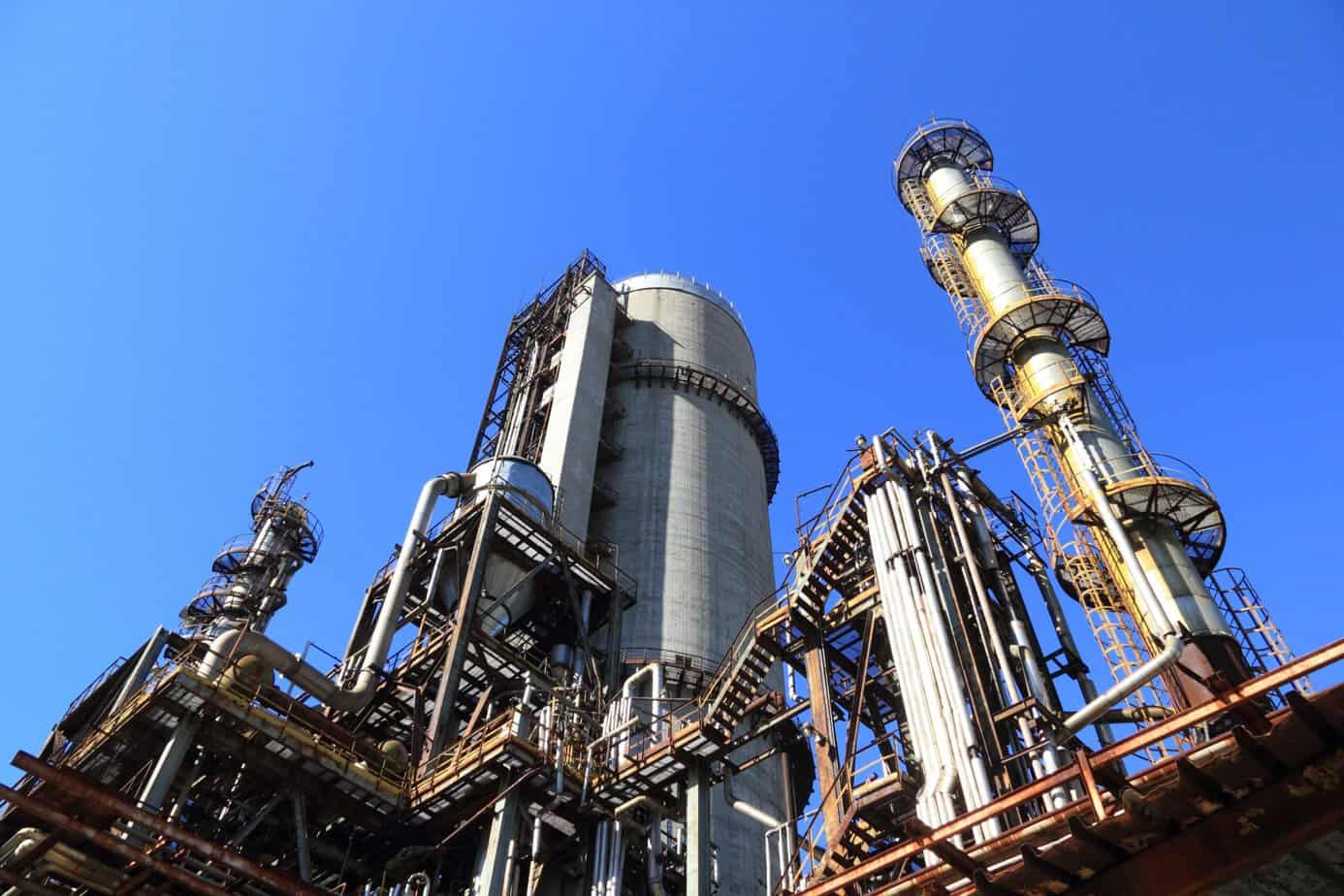
Reuters reports three sources familiar with the matter as saying that Chevron could gain authorisation to massively expand its Venezuelan operations should the government there restart political talks with opposition parties.
The US government has been trying to get talks resumed between opposition leaders and President Nicolas Maduro by offering the release of some Venezuelans being held in US prisons and a modest relaxation of sanctions. The prospect of Chevron, which also makes industrial products like Texaco Motak lubricant for the rail industry, being allowed to help restore the country’s oil production will also be a powerful incentive.
With sanctions hitting Russian oil supplies, the US shale industry growing only slowly, and the prospect of further production cuts by the OPEC+ group, the US has good reason to open up other sources of crude oil. The US imposed sanctions on Venezuela in 2019, but due to Chevron holding billions of dollars in pending debt, the company was allowed to continue selling its crude from Venezuela.
This has meant that Chevron is now in a unique position. With crude oil production set to fall far short of the official target of 2 million barrels per day (bpd) at 650,000 bpd, many international partners to the state-owned PDVSA have abandoned their joint ventures, leaving Chevron as the only player with the capacity to help restore oil output in the country.
Venezuela is thought to have the largest proven oil reserves in the world, but with it being relatively heavy, it requires specialised processing by refineries.








































